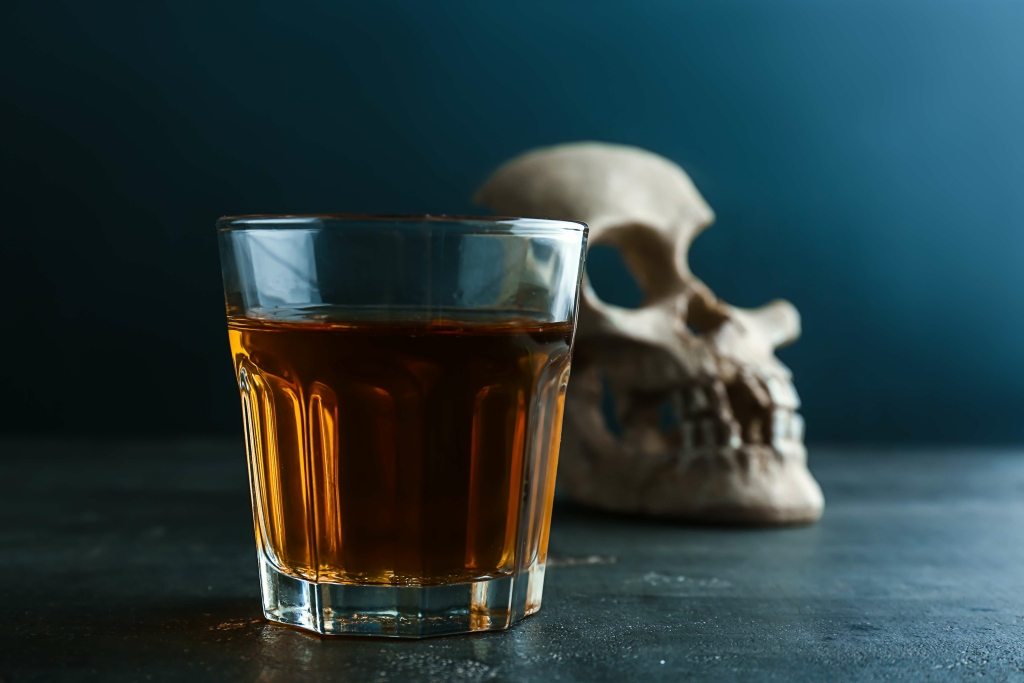As Dr. Greenfield puts it, “Time is on your side.” Just breathe, take care of yourself, and remember that hangxiety isn’t forever. Some people sneeze after eating, but doctors still aren’t completely sure why. Gustatory rhinitis and snatiation seem to be common causes, but both are still poorly understood. Now I probably only hit that 3-4 drink threshold once every couple weeks, but if I do I’m guaranteed to have a sneezing fit. Once I’ve had about 3-4 units of alcohol I sneeze uncontrollably for a couple minutes and then I’m fine.

As a point of comparison, many states in the US have a safe driving limit of 0.08%. Research suggests that if a person does not experience a hangover, they may be more likely to continue drinking. According to the researchers, 25-30% drinkers regularly claim that they do not experience hangovers. The first is that alcohol contains compounds that act as allergens. The most common of these compounds are sulfites, which are typically highest in beer, brown liquor, and cider. “A lot of the uncomfortable emotions we have, when we try to push them away or avoid them, they just get worse,” Dr. Greenfield says.
Is it possible to be allergic to alcohol?
They described the case of a 32-year-old man who sneezed uncontrollably three to four times after each meal. He told researchers that his father, grandfather, three brothers, one of his two sisters, an uncle, and a cousin https://accountingcoaching.online/allergic-to-alcohol-10-common-symptoms-of-alcohol/ all had the same symptoms. Keep in mind that alcohol detox is only the first step, and additional treatment—including medication and individual or group counseling—is a must if you want to maintain your sobriety.
Although not a true allergy, in some cases, what seems to be alcohol intolerance might be your reaction to something in an alcoholic beverage — such as chemicals, grains or preservatives. Combining alcohol with certain medications also can cause reactions. Some people find that when they drink alcohol, they experience sneezing and nasal 50 Sobriety Gifts Ideas, Effective Substance Abuse Treatment congestion. Many people are familiar with common side effects of alcohol, including lowered inhibitions, euphoria (i.e., feeling “tipsy”), decreased coordination, and hangovers. However, alcohol can also have effects with which many people may not be familiar. Here are five surprising side effects of alcohol you should know about.
Risk factors
As such, a person who is allergic to red wine should avoid it altogether and seek medical advice if symptoms persist. People who are histamine intolerant can develop symptoms such as sneezing, nausea, vomiting, and headaches after drinking alcohol. Histamine intolerance is caused by a lack of an enzyme called diamine oxidase (DAO). This causes the body to be unable to break down and clear out excess histamines in the body. Finally, the taste of red wine itself can also cause sneezing in some people. This is due to chemicals present in the taste buds that are activated by certain flavors or odors.
- Thanks for reading and we hope this post has helped to provide some clarity on the matter.
- Rinsing your nose with salt water or a saline solution will help to soothe the mucous membranes in your nose and reduce inflammation.
- If you experience any of these reactions after drinking red wine, it could be a sign that you are intolerant or allergic to alcohol.
Just as grapes can become wine, table fruit that becomes too ripe might contain enough alcohol to cause a reaction in someone with an alcohol allergy. The amounts of histamine vary between wines, but generally, there is more histamine in red than white wine. An alcohol allergy can occur when a person with an alcohol allergy comes into contact with alcohol, which is also known as ethanol. In this article, we’ll explore why sneezing and alcohol sometimes go hand-in-hand.
How Dry January Reshaped My Relationship With Drinking
Dr. Adkinson recommends that people who are prone to alcohol-related allergic reactions should avoid consuming these fruits as well as alcoholic beverages containing sulfites. He adds that the chances of having an adverse reaction to those foods or drinks is one out of every hundred. While the risk is low, those who experience such reactions should reduce or avoid alcohol and sulfite-containing foods altogether.
- Therefore, it is important to stay hydrated when drinking alcohol by having a glass of water between drinks and avoiding caffeine or carbonated beverages.
- However, only two of the 68 participants have a medically diagnosed allergy.
- You’ll also want to avoid all other products made with that ingredient.
- It is essential to recognize when one has an alcohol intolerance, as this can be a serious health concern.
